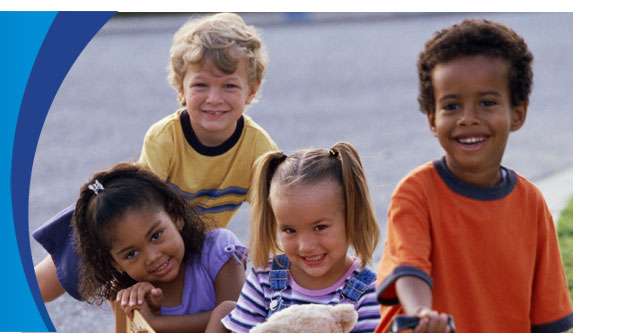Chicken Pox
Chickenpox (also called Varicella) is a common childhood disease. It is usually mild, but it can be serious, especially in young infants and adults.
Chickenpox vaccine can prevent chickenpox. Most people who get chickenpox vaccine will not get chickenpox. But if someone who has been vaccinated does get chickenpox, it is usually very mild. They will have fewer spots, are less likely to have a fever, and will recover faster.
Who should get the Chicken Pox vaccination and when?
Children should get one (1) dose of chickenpox vaccine between 12 and 18 months of age, or at any age after that if they have never had chickenpox. People who do not get the vaccine until 13 years of age or older should get two (2) doses; 4 to 8 weeks apart. Ask your doctor or nurse for details. Chickenpox vaccine may be given at the same time as other vaccines.
